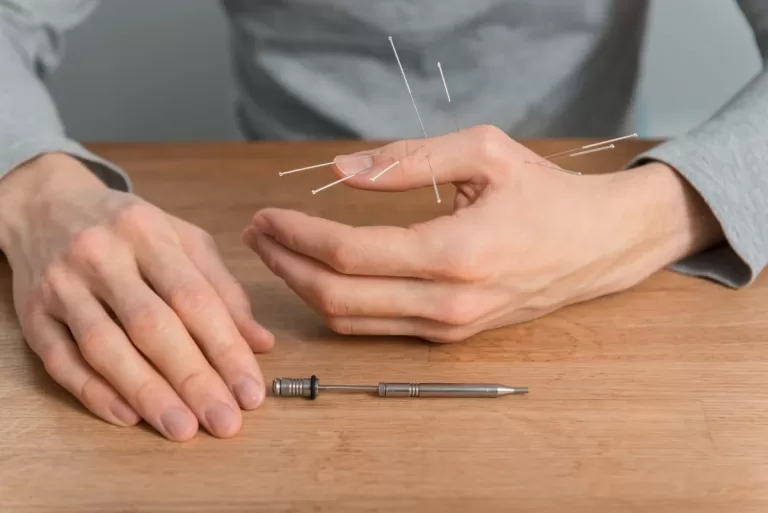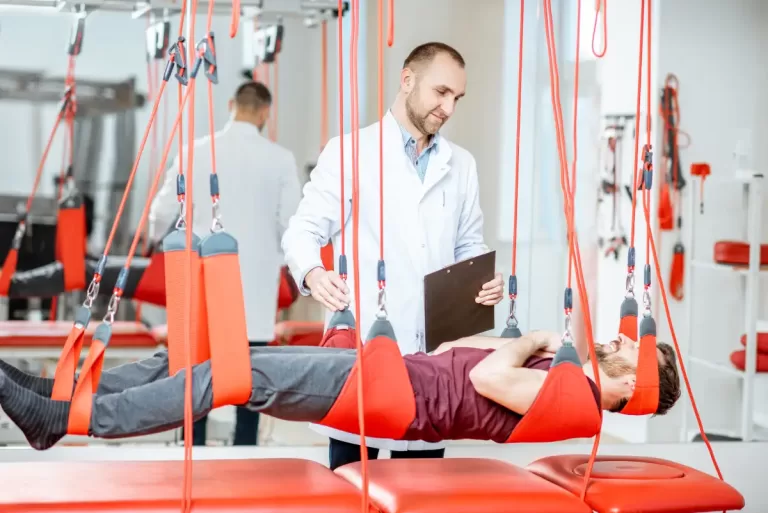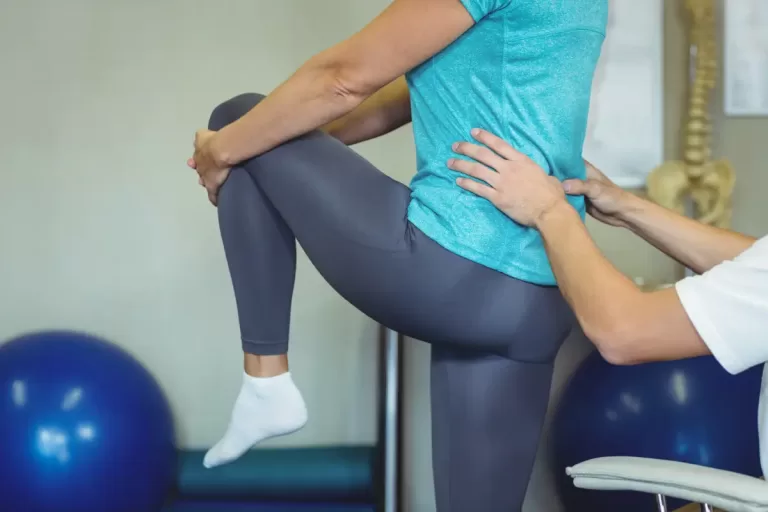Carpal tunnel syndrome (CTS) sneaks up on so many of us, turning simple tasks into a struggle with that nagging tingling, numbness, or ache in the hands and wrists. If you’re nodding along because you feel it too, you’re not alone—and you’re probably eager to find relief that actually works. Traditional options like wrist splints, pain meds, or even surgery might be on your radar, but there’s another path gaining attention: acupuncture. Those tiny needles might sound intimidating, but they’re helping more people find a natural way to ease the discomfort. In this blog, we’ll dig into what CTS is, how acupuncture could make a difference for you, and why it’s worth considering as part of your plan to feel better. With research to back it up and practical advice to guide you, let’s explore this option together.
What Is Carpal Tunnel Syndrome?
Carpal tunnel syndrome happens when the median nerve—one of the key nerves running from your forearm into your hand—gets pinched in a tight space in your wrist called the carpal tunnel. This narrow passageway is made of bones and ligaments, and when it swells or tightens, that nerve takes the hit. The result is tingling, numbness, or pain in your thumb, index, and middle fingers, often paired with a dull wrist ache or a grip that just won’t cooperate.
What sets it off? Repetitive hand movements—like typing all day, knitting, or using tools—are common triggers. Conditions such as arthritis, diabetes, or pregnancy can also play a role by causing swelling that narrows the tunnel. For some, it’s a minor buzz in the fingers after a long shift; for others, it grows into a constant problem, making it tough to hold a phone, twist a jar, or even button a shirt. Over time, ignoring it could lead to lasting nerve damage, which is why finding relief early matters—and why acupuncture might catch your eye.
Acupuncture comes from Traditional Chinese Medicine (TCM), where it’s all about balancing your body’s energy, or Qi, by inserting thin, sterile needles into specific points. In TCM terms, blocked Qi can cause pain or stiffness—like what you’re feeling in your wrist. Modern science sees it differently: those needles may stimulate nerves, improve blood flow, and release natural painkillers like endorphins to calm things down.
For carpal tunnel, practitioners target points on your wrist, hand, and sometimes forearm or neck. These spots are chosen to reduce swelling, relax tense muscles, and ease the pressure on that median nerve. A typical session lasts 20 to 60 minutes, and don’t worry—it’s not painful. Most people feel a slight prick or pressure, then settle in as the needles work. With regular treatments, you might notice less pain and more freedom in your hands over time.
Wondering if there’s proof behind the promise? You’re right to check—relief is too important to leave to chance. Studies are starting to show acupuncture’s potential. A 2017 study in the journal Brain found that it improved nerve conduction and reduced symptoms like pain and numbness in CTS patients after several weeks. Another systematic review compared it to night splinting and found similar benefits for mild to moderate cases, with people reporting less discomfort and better hand function.
That said, it’s not a slam dunk for everyone. Effectiveness depends on how bad your CTS is, how long you’ve had it, and how your body responds. For some, it’s a standalone win; for others, it pairs best with things like physical therapy or anti-inflammatory drugs. Experts note that while the evidence is encouraging—especially for early-stage CTS—more large-scale studies would strengthen the case. Still, what’s out there suggests it’s a solid option if you’re looking for natural help.
✔️ Also Read: Is Acupuncture Safe During Pregnancy?
So, why pick acupuncture over popping a pill or going under the knife? It’s gentle, for starters. There’s no cutting, no downtime—just a calm session with minimal risk. Side effects are rare, maybe a touch of soreness where the needles go, but nothing like the grogginess or stomach upset some meds bring. If you’re after a drug-free route, this could be your answer.
It’s also more than just a wrist fix. Acupuncturists often look at the whole you—your posture, your stress levels, even how you sleep—which might be feeding into the problem. By tackling these extras, you could feel benefits beyond your hands, like less shoulder tension or better rest. Plus, it’s convenient: sessions are short, often relaxing, and fit into busy days. Over weeks or months, consistent treatments might dial down the pain and tingling, letting you get back to what you do without wincing.
Curious about the process? It starts with a chat—your acupuncturist will ask about your symptoms, lifestyle, and health history to tailor the plan. Then, they’ll pick points to target, usually around your wrist and hand, and insert those fine needles. You’ll rest with them in place for 20 to 30 minutes, sometimes with added heat or a light massage to boost the effect. Most people find it soothing, not stressful.
How many sessions? It varies—6 to 12 over a few weeks is common for noticeable change, though severe cases might need more. Finding a licensed pro is crucial, so check their credentials and reviews to feel confident. Costs run $50 to $150 per visit, depending on where you are, and some insurance plans might pitch in—worth a call to find out.
Practical Tips to Pair with Acupuncture
Acupuncture can shine even brighter with a few at-home habits. Try these to support your relief:
Stretch It Out: Gently stretch your wrists—extend your arm, pull your fingers back with the other hand, hold for 20 seconds, and repeat a few times daily.
Mind Your Setup: Adjust your desk or tools so your wrists stay neutral, not bent up or down, while you work.
Rest Smart: Wear a splint at night to keep your wrist straight and give that nerve a break.
Ice It: Pop an ice pack on for 10-15 minutes if swelling flares up—it can calm things down between sessions.
These little steps, combined with acupuncture, might speed up your progress and keep discomfort at bay.
Is Acupuncture Right for You?
Acupuncture isn’t a one-size-fits-all fix, but it’s a contender if you’re after natural relief. It’s especially helpful for mild to moderate CTS, or if you’re hesitant about surgery and want something gentler. Pairing it with other treatments could be your sweet spot, though severe cases—think constant numbness or muscle wasting—might still need a doctor’s take to see if surgery’s on the table.
Cost is real too—those sessions add up, so weigh it against your budget and insurance options. If it feels doable and you’re tired of the ache, talking to a healthcare provider and an acupuncturist could clarify your next move. It’s about what fits you.
Sum up
Carpal tunnel syndrome doesn’t have to keep your hands tied up in discomfort—there are ways to fight back, and acupuncture is one worth considering. This natural approach brings a gentle touch to a tough problem, offering relief from pain, tingling, and numbness without the invasiveness of surgery or the side effects of meds. Research shows it can help, especially early on, and plenty of people find it’s a practical piece of their recovery puzzle. Whether you’re typing away at work, crafting at home, or just trying to get through the day without wincing, acupuncture might give you that edge to reclaim your comfort. It’s not a cure-all, but it’s a step toward feeling like yourself again. Ready to explore it? A quick chat with your doctor and a trusted acupuncturist could set you on the path to hands that feel good—and work like they should.








